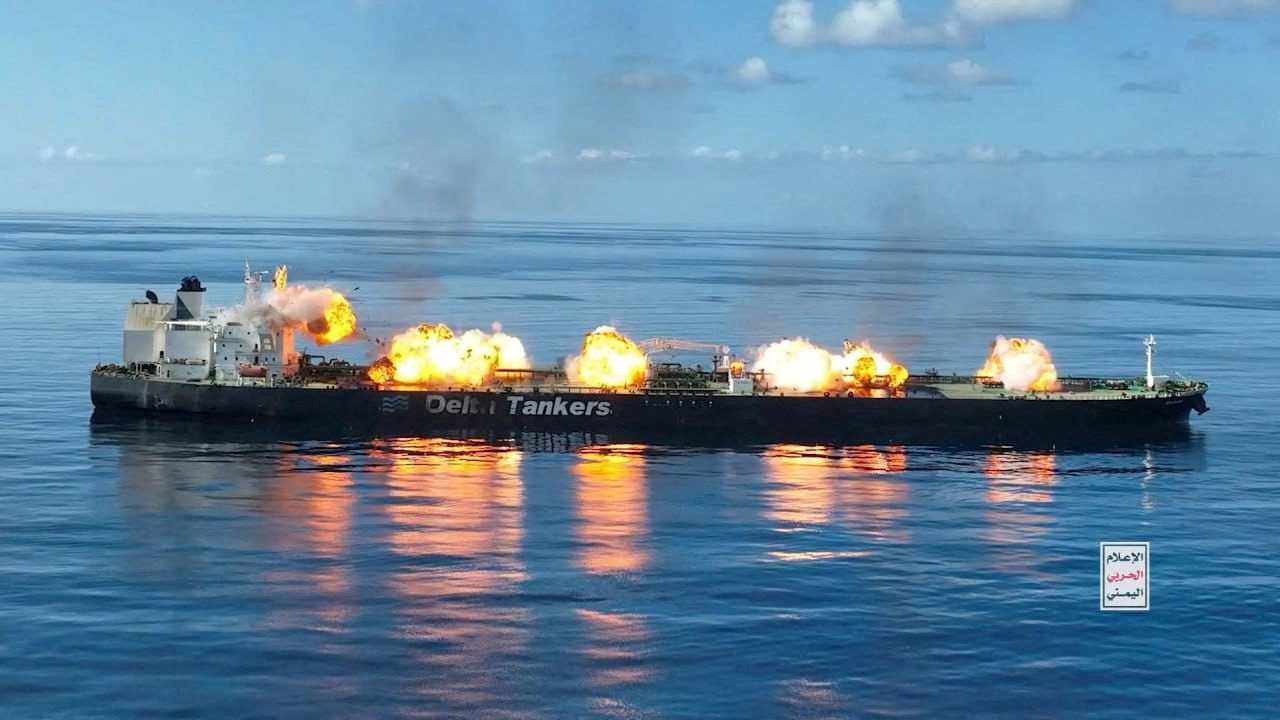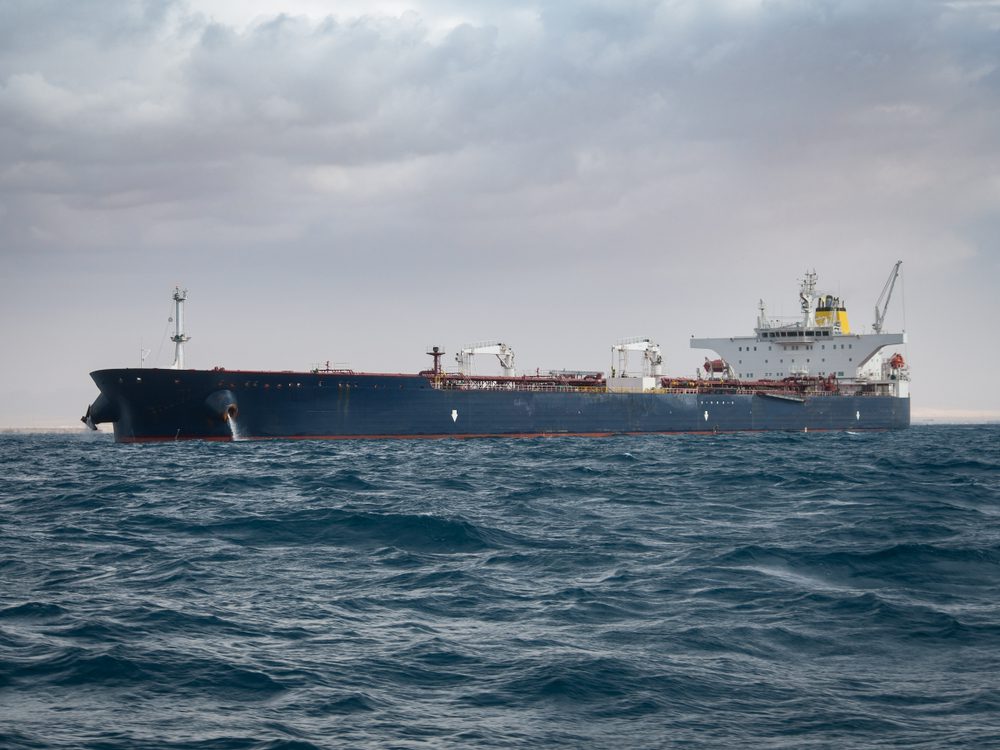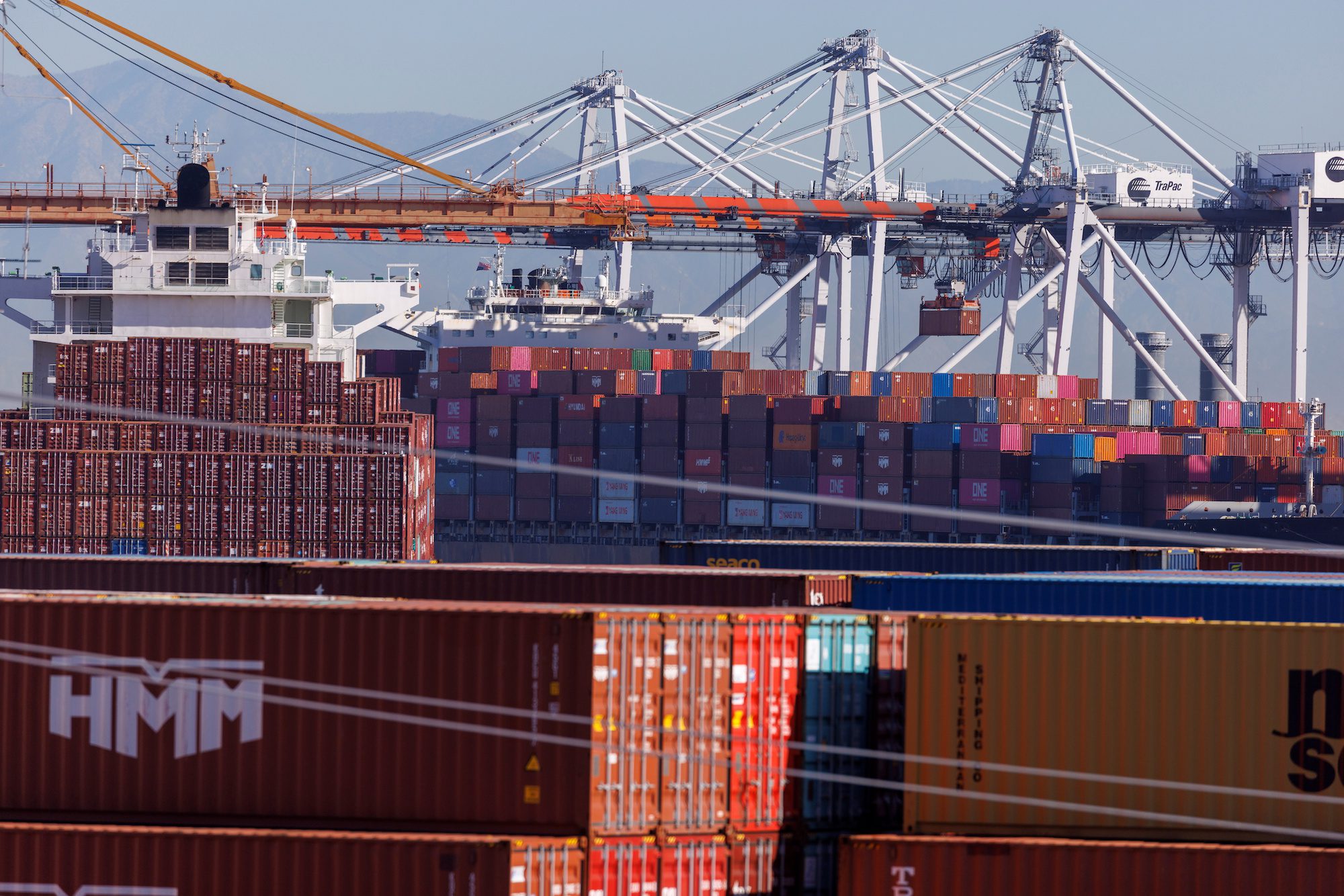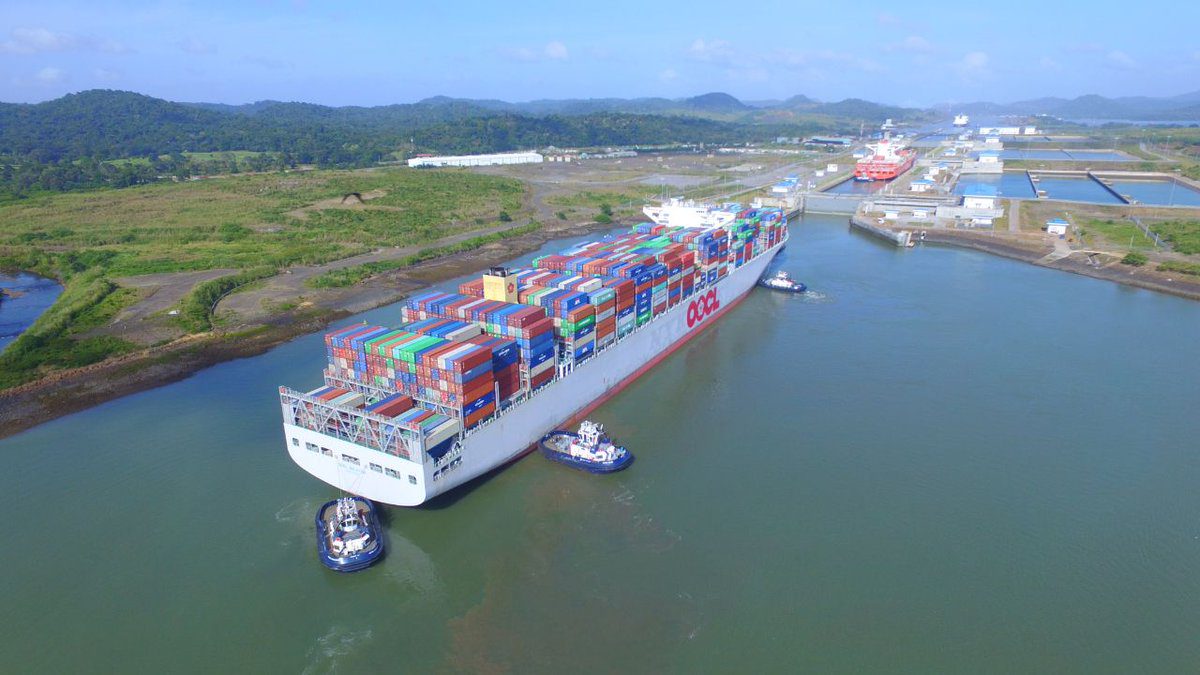Maritime security firm Ambrey reports that Israel-affiliated vessels face high risks in the Red Sea region as tensions escalate between Israel and Iran, with potential U.S. involvement raising additional concerns.
U.S. President Trump on Wednesday demanded Iran’s “unconditional surrender” and indicated he is considering joining Israel’s bombing campaign, raising the stakes for maritime security.
The last reported Houthi attack on a merchant vessel occurred on December 26, 2024, marking a significant pause in direct merchant vessel targeting. This relative calm followed a January 2025 Israel-Hamas ceasefire, during which the Houthis announced they would only restrict vessels wholly owned by Israelis or sailing under the Israeli flag.
Recent developments have escalated tensions significantly. On March 12, 2025, the Houthis threatened to target “any Israeli vessel” in response to concerns over humanitarian aid flow to Gaza. The situation intensified with the US resuming military strikes in Yemen on March 15, followed by Israel’s resumption of conflict in Gaza on March 18.
While a US-Houthi agreement was brokered by Oman on May 6, 2025, the situation remains volatile. The Houthis announced a ‘blockade’ against the Israeli port of Haifa on May 19, and Iranian Supreme Leader Ayatollah Khamenei has warned of “irreparable damage” should the US intervene militarily.
Transit data reveals that since the US-Houthi agreement, limited maritime traffic has resumed, including one US-affiliated bulk carrier and two UK-flagged vessels. Notably, no Israeli-owned or flagged ships have transited the area since January 19, 2025.
Ambrey’s analysis suggests that the current absence of attacks is primarily due to the complete cessation of Israeli-affiliated vessel traffic in the region. While UK and US-affiliated shipping faces reduced risk currently, this could rapidly change if either nation becomes involved in military actions against Iran or the Houthis.
The security firm strongly recommends that vessels with Israeli affiliations avoid the southern Red Sea, Bab al Mandeb, and Gulf of Aden entirely. Ships with US, UK, or allied affiliations are advised to exercise extreme caution and limit their risk exposure, particularly given the escalating tensions between the US and Iran.
For vessels that must transit the region, Ambrey emphasizes the importance of thorough affiliation checks and appropriate security measures, including the potential deployment of Private Armed Security Teams.

 Join The Club
Join The Club











